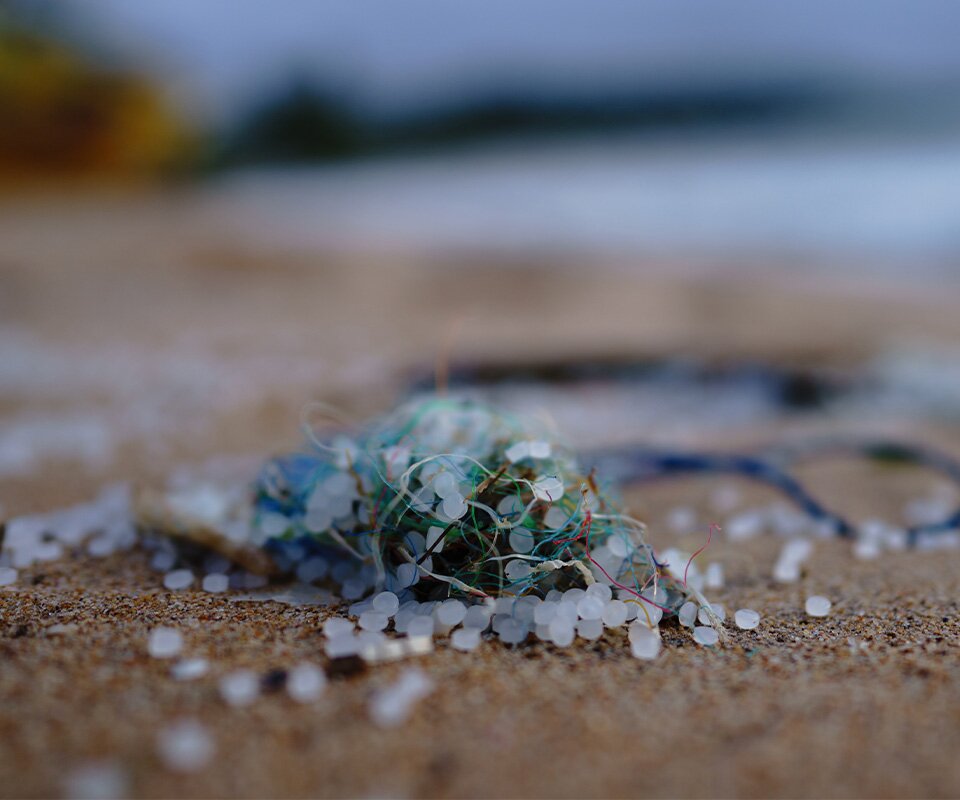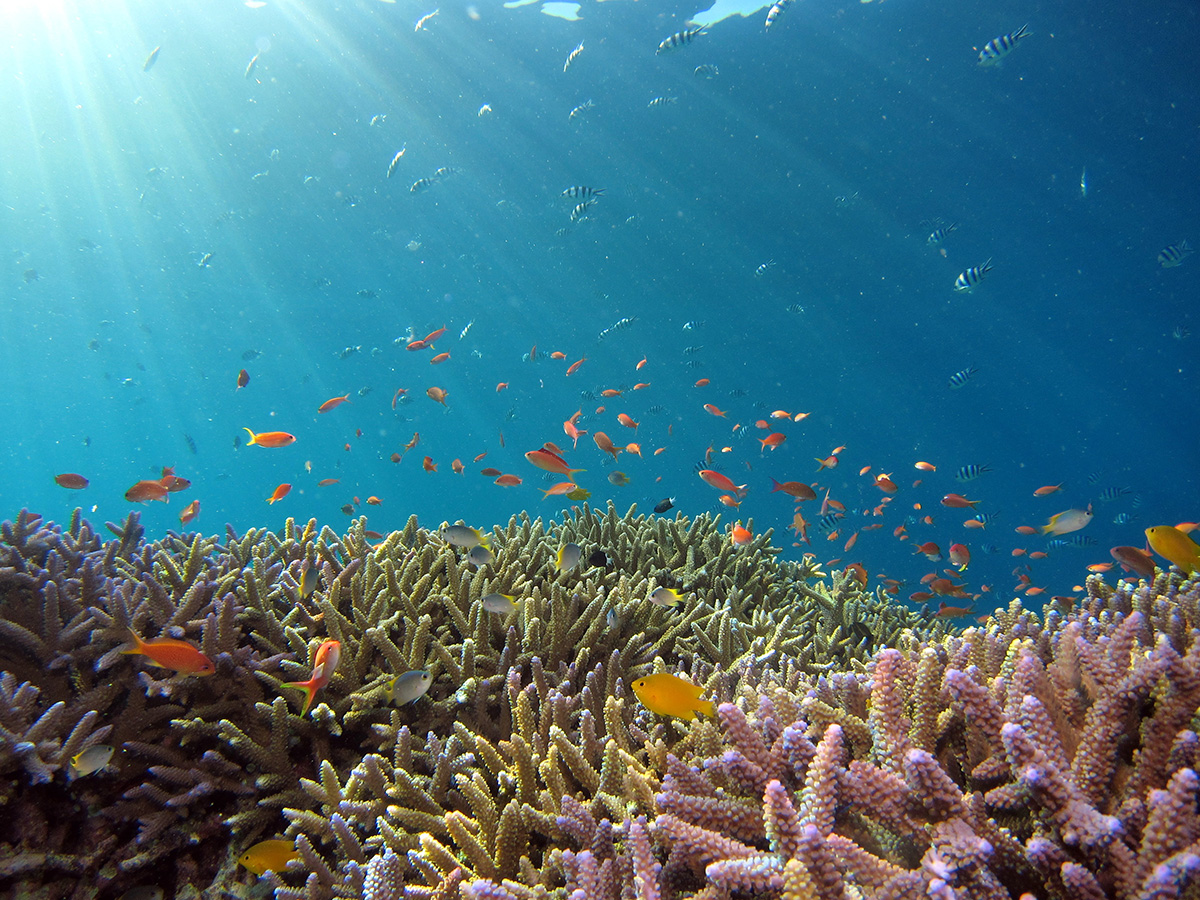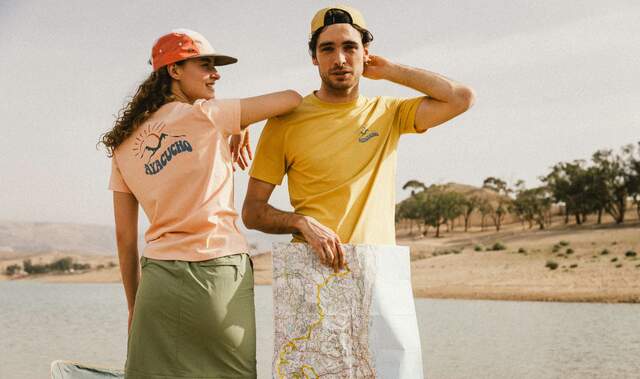When you wash synthetic fabrics (Synthetics are made from petroleum. In short, they are made of plastic and therefore also non-biodegradable. Think of polyester, polyamide, nylon, acrylic and fleece), minuscule particles of plastic are released, which make their way to the oceans via wastewater. How can we keep our love of the outdoor life from polluting our planet?
What damage can microplastics cause?
No less than a third of the plastic soup in our oceans consists of microfibres that are released when washing synthetic clothing. Water treatment plants are not able to filter the smallest particles of plastic out of the water, either. The impact? Many animals, like fish and seabirds, eat these practically invisible pieces of plastic without realising it, which means that they do not eat enough food and they starve.
Plus, these microplastics also present a clear and present danger to humans. Because their rough surface is filled with holes, these little particles of plastic easily bind with chemical waste substances from factories and the agricultural industry. When these microplastics are eaten by fish, which we catch and eat later on, we are thus poisoning ourselves with the plastic waste as well.
What does A.S.Adventure do?
A complete ban of synthetic fabrics is easier said than done. It’s really no surprise that these fabrics are so often used in outdoor clothing: their unique properties are not always comparable to natural textiles. And natural fibres also have their own environmental issues. That’s why A.S.Adventure opts for quality brands that actively work to reduce their ecological footprint, such as Patagonia and the German Vaude. Did you know that this German brand launched the first ocean-friendly fleece from Tencel® at the end of 2019? It only releases biodegradable microfibres during washing.
And we are making our own efforts to reduce the heap of waste with our house brand, Ayacucho and its range of jackets made from Repreve. Repre-what? That's the name of the fabric made from recycled plastic bottles. Yes, all those plastic bottles that are such a plague to the environment are being used in our coats.
Large loads, small loads: how can I be ecological when I do my laundry?
Some tips for making a difference yourself:
To guarantee you the best online experience, we use marketing, analytical, and functional cookies (and similar technologies). For more detailed information, please refer to our cookie policy. Sometimes third parties place tracking cookies on our site to show you personalised adverts outside of the website. Additionally, tracking cookies are placed by social media networks. By selecting "accept cookies" you agree to this. In order not to have to ask you more than once, we store your preferences for the use of cookies on the website for a period of two years. You can edit your preferences at any time through the cookie policy at the bottom of every page on the website.




